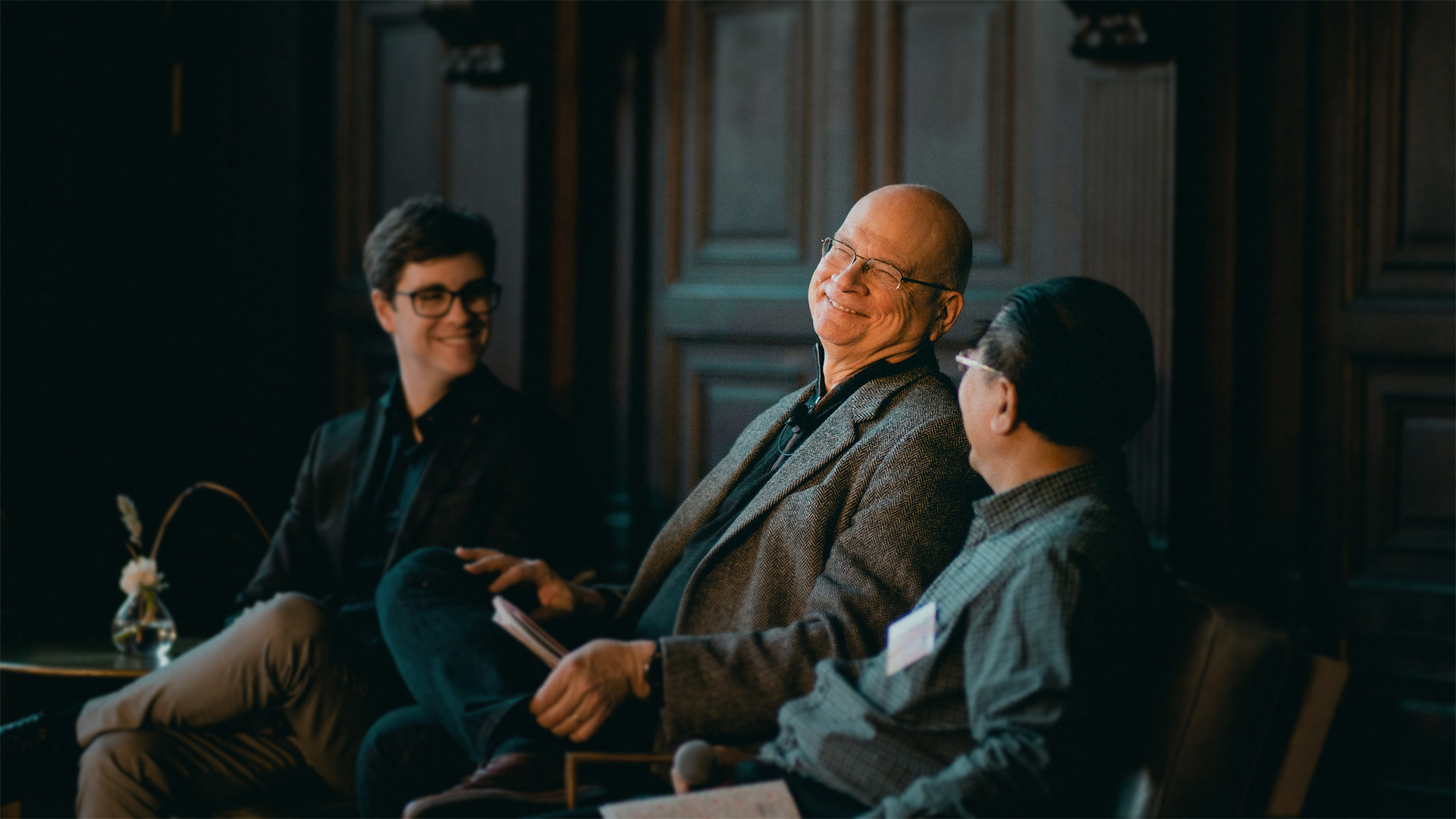Once, in a conversation Tim Keller and I were having with some of our friends—almost none of whom were immersed in the subculture of American evangelicalism—I mentioned that it’s a common problem for evangelical Christians to pray the sinner’s prayer over and over again as they grow up or to repeatedly rededicate their lives to God, for fear of not getting it quite right the first time.
Minutes later, Tim said, “Well, some of that might be due to Russell’s Southern background, which expects a more emotional experience …” Pause. “Not that there’s anything wrong with that, Russell …” And on he went into a discourse on the thoughts of Joel Carpenter, Mark Noll, and Charles Taylor.
Later, he called me and said, “You know I was just teasing you with the Southern emotionalism joke—mostly.” I said that of course I did, and that he was partly right. I went on to say that I thought the bigger issue (at least on that point) was not north versus south as much as it was the difference between someone who grew up in a Christian context and someone who came to Christ as an adult from a very secular background. It was different for “someone converted at the time and place you were can more easily see the immediate difference in your life,” I said to Tim. “You really remember what it was to be an unbeliever.”
That was one of the rare times I ever argued with him, largely because when he said something that contradicted my view on anything I knew he was 100 percent right. On this one, though, I might not have been right in my religio-cultural analysis, but I was right that Tim knew what it was like to be without Christ, and he remembered with clarity just how the gospel reached him.
On CT’s podcast The Bulletin, David Brooks pointed out a key distinctive in the life of Tim Keller. Planting a growing, influential church in New York City, Tim never saw New York as a kind of irredeemable Sodom and Gomorrah against which to rail. He could have done that easily, if not in New York itself, then certainly to raise money and get attention across the country. He could have pictured himself as a besieged evangelical Christian with lurid stories about how the decadent culture of New York was coming eventually to your house if you didn’t support his efforts to fight it. He never did that—not even in private conversations.
It wasn’t just that Tim loved New York—although he certainly did. It’s also that he never saw his fellow New Yorkers—including those most hostile to the Christian gospel—as irredeemable. He wasn’t intellectually intimidated to share the gospel with some of the smartest people in the world, and that wasn’t only because he was usually far smarter than they were. He had a confidence in the reality of Christ, in the truthfulness of the Bible, and in the life-giving power of the Spirit. He remembered what it was like to be an unbeliever pursued by a loving God.
“There is nothing at this point that could convince me—intellectually or existentially—that Jesus Christ is not raised from the dead,” Tim said after he knew that his pancreatic cancer wasn’t likely to be healed. Those two words, intellectually and existentially, are crucial to understanding the life of Tim Keller.
Because he really believed the gospel he preached, he wasn’t shocked when people put up barricades—whether of atheistic materialism or expressive individualism or religious moralism—to protect themselves from it. He did the work to read everything they had read—and more—in order to show them that belief in the Resurrection is not just intellectually tenable but also a way of seeing that actually makes sense of the world. He spent years showing the reason for God.
But for Tim Keller, this wasn’t about mere intellect. He was convinced as he said—existentially—that Jesus is raised from the dead. That’s why, even in his dying days, he was checking in on hurting friends, and making plans for how those who came after him could best seek the renewal of the church around the world.
In the days after Tim’s death on May 19, 2023, some dismissed his “winsomeness” as not having a market in today’s polarized world. But Tim always saw people, not markets. And he never saw kindness, patience, and engagement with those who don’t yet know Christ as a “strategy.” He saw it as what it meant to follow a Christ who is like that. And he never forgot that the gospel is, in fact, good news.
It’s why he lived and died with gratitude. Once, when he was in the midst of chemotherapy, I tried to talk to him about how he was doing. He wanted to talk about a new translation of some work by Herman Bavinck instead. Maybe that was just New York emotional toughness (not that there’s anything wrong with that). But it was more than that.
That day he said, “Look, I’m in my 70s. I have a wife I love and who loves me. Children who are all Christians and who I love and who love me. And, above all, I have the gospel. What do I have to complain about?”
Tim Keller changed the landscape of American life and of the life of the global church. He taught us and showed us what it means to live convinced—both intellectually and existentially—that the stories are true, Jesus is alive, sins are forgiven, and all of this really is good news. We are grateful.
Russell Moore is CT’s editor in chief.













